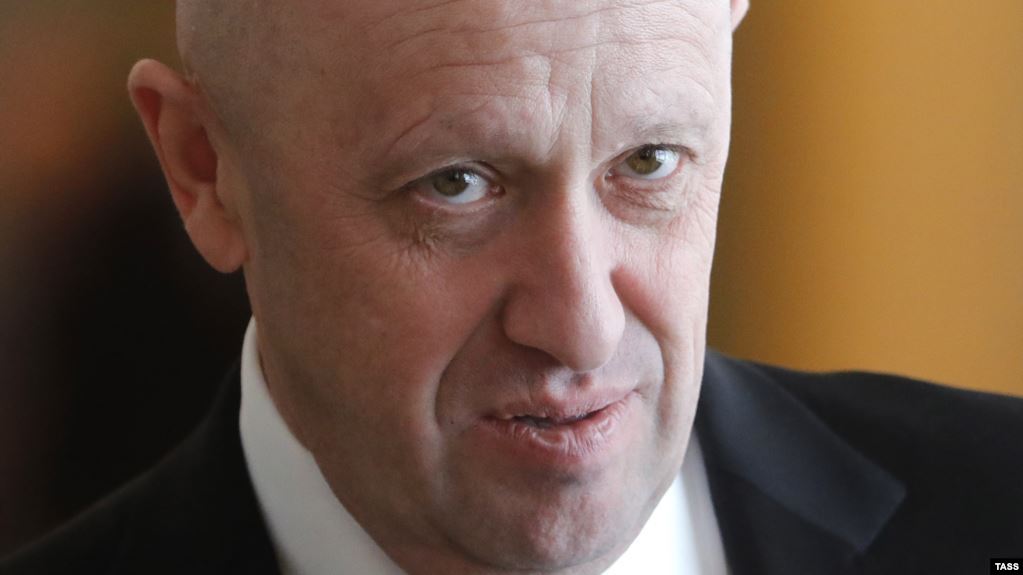(Голос Америки) Вашингтон реагирует на активность «повара Кремля» в Африке.
Станут ли первые санкции в отношении партнеров Евгения Пригожина признаком новой американской политики на этом континенте? Соединенные Штаты на прошлой неделе ввели санкции против партнеров российского предпринимателя Евгения Пригожина. Человек, который, как было доказано многими расследованиями, стоит за «фабрикой троллей» и наемниками из «группы Вагнера», пытался снизить эффект наложенных на него ранее американских санкций с помощью людей и компаний в Судане, Гонконге и Таиланде. В Судане российская компания M Invest, контролируемая Пригожиным, служила прикрытием для действий российского Министерства обороны и отвечала за разработку планов действий экс-президента Судана Омара аль-Башира для подавления протестов, участники которых добивались демократических реформ в стране. Также, как заявил министр финансов США Стивен Мнучин, «Евгений Пригожин и сеть его [партнеров] используют природные ресурсы Судана для личной выгоды и распространения зловредного влияния по всему миру».
Кимберли Мартен (Kimberly Marten), профессор политологии Барнард-колледжа в Колумбийском Университете, поясняет, что санкции в данном случае могут быть достаточно действенными: «По всей вероятности, есть разведывательные данные, которые связывают фирмы Пригожина с другими лицами и фирмами, расположенными в зарубежных странах. Эти компании расположены в странах, где санкции США будут исполняться, и это меняет ситуацию. То, что эти фирмы находятся в Таиланде и Гонконге, и связаны напрямую не с Пригожиным, а с другим человеком, может означать, что санкции могут иметь большее влияние».
По мнению политолога, сложности для Евгения Пригожина в осуществлении им своей деятельности за пределами России возрастут: «Мы должны помнить, что Пригожин связан с организованной преступностью и руководит группой, которая почти наверняка связана с российским государством. Я уверена, что у него есть способы получить деньги из других источников. Но если США продолжать следовать за его ним, это усложнит его деятельность».
Кимберли Мартен затрудняется с прогнозом, отреагирует ли Москва на американские санкции против партнеров Пригожина: «Российское государство утверждает, что оно не имеет ничего общего с «группой Вагнера». Кто знает, как оно будет реагировать. Это – санкции, и на них, как и на любые другие, одной из реакций может быть введение ответных санкций. Но если они применят ответные санкции, это будет признание того, что «группа Вагнера» является российской государственной организацией, так что посмотрим».
Читать статью © Голос Америки, Данила Гальперович и Валерия Егисман.












